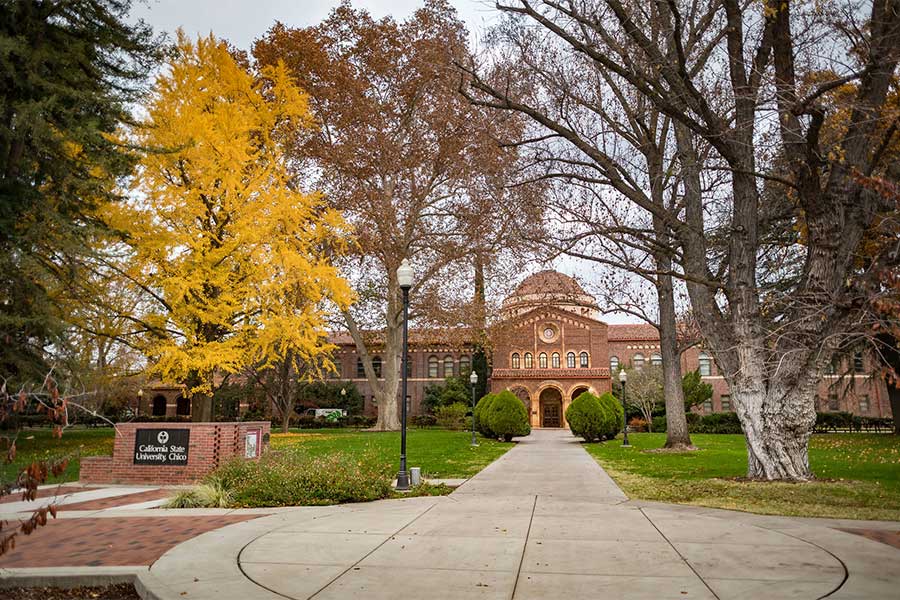Education (MA)
Application Deadlines
- Fall: May-1 (April-1 for international applicants)
- Spring: December-1 (October-1 for international applicants)
Requirements
Two letters of recommendation and a writing assessment. See this application process website for detailed instructions.
Program Coordinator
Ben Seipel
Information on the dual MA Teaching / Credential program (CLASS) can be found on the CLASS web page.
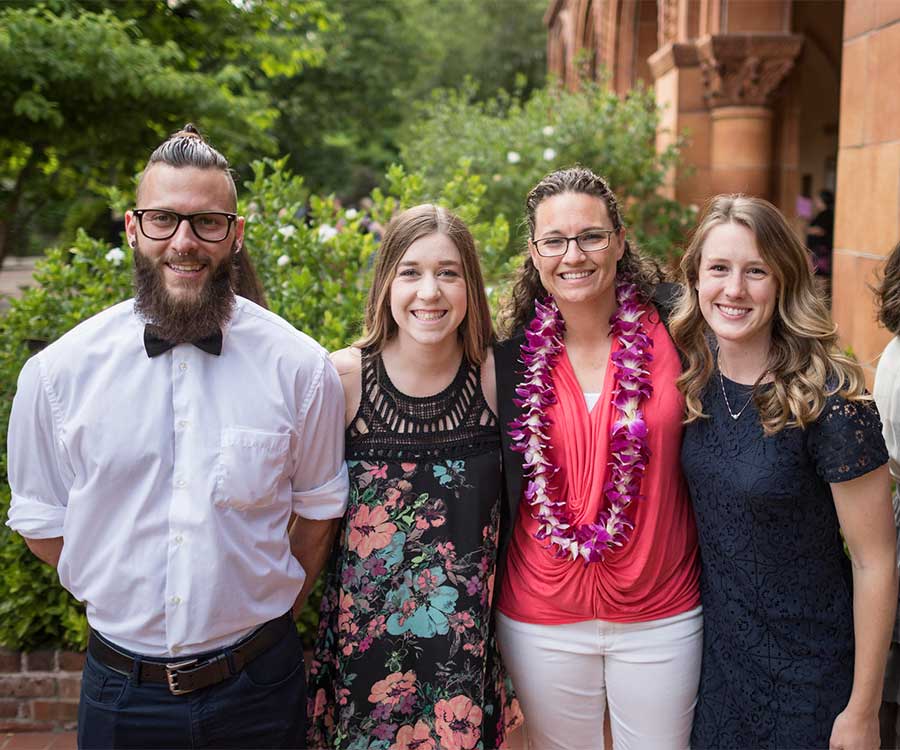
Is the MA in education for you?
Do any of the following describe you?
- Want to improve teaching practice.
- Love educational research.
- Credentialed K–12 teacher wanting to advance your career.
- School administrator or support staff ready to upgrade your skills.
- Into social sciences and interested in education.
- Advocate for equitable, socially-just education.
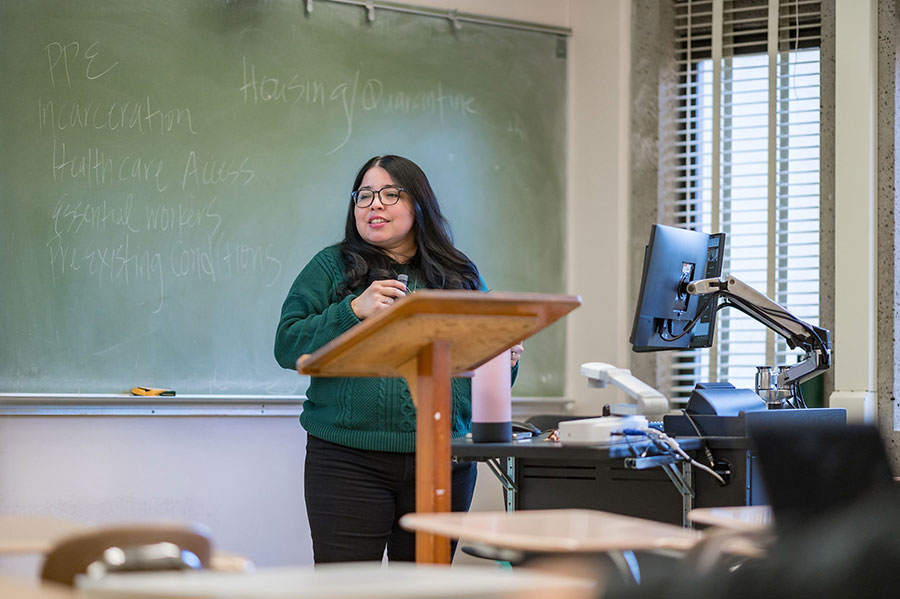
Do these jobs sound interesting to you?
Our alumni are:
- School principals
- Elementary, middle school, and high school teachers
- County Office of Education student data coordinator/analysts
- Student support education professionals/directors
Other possibilities are:
- Child development program specialist
- Curriculum and instruction coordinator
- Community college instructor
- School administrator
- Curriculum developer
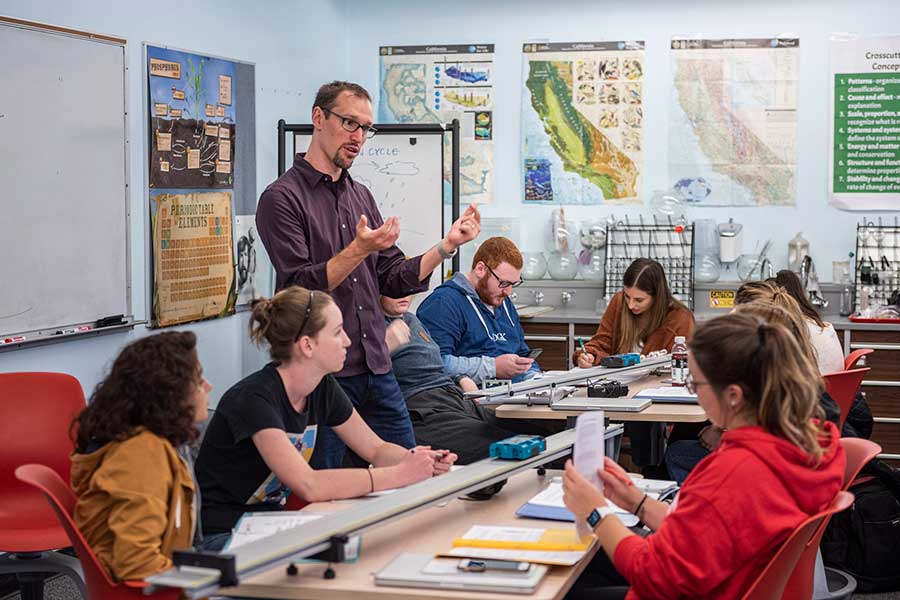
Is this the kind of salary you are seeking?
Data from the U.S. Bureau of Labor Statistics, shows the following outlook for Postsecondary Teachers(opens in new window):
Median Pay
$79,640 per year
Job Outlook
12% (Much faster than average)
Environment
Most postsecondary teachers work in public and private colleges and universities, professional schools, and junior or community colleges. Most work full time, although part-time work is common.
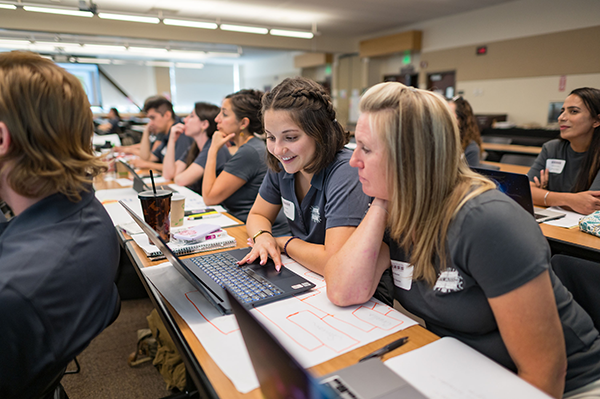
What if my bachelor’s isn’t in education?
Typical feeder majors for this master’s program are liberal studies, math or science education, or credential programs. But you can still pursue this degree if your undergraduate degree was in a different field.
It may occasionally require some prerequisites to bring you up to speed. Talk to the graduate coordinator for details.
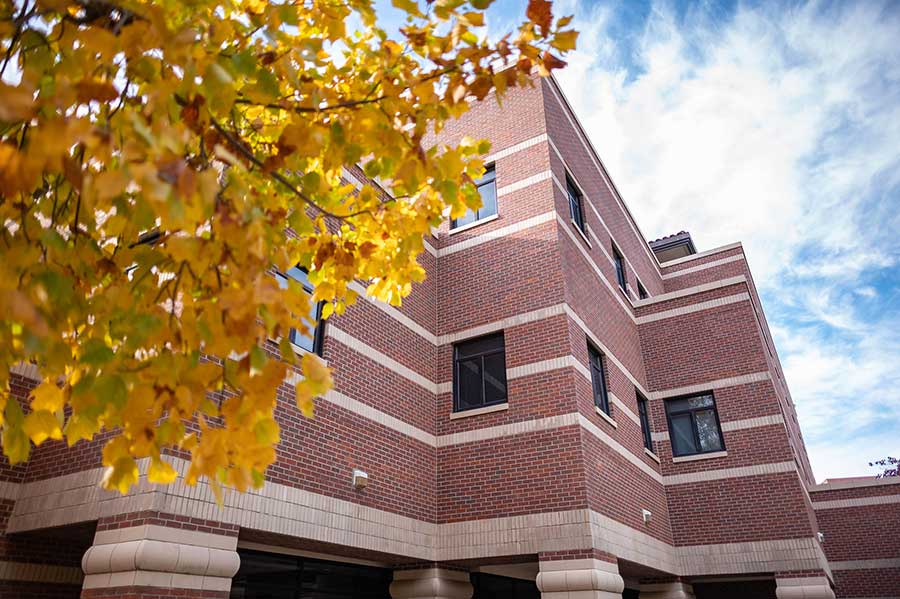
How long will it take?
- The MA in Education is a 30-unit program that can be completed in 1-2 years.
- The length of time it takes depends on the applicant and the pathway they choose. Some students enter the program with credits (like special education units) toward their degree which reduces their time to graduation.
What is it like to be an education master’s student?
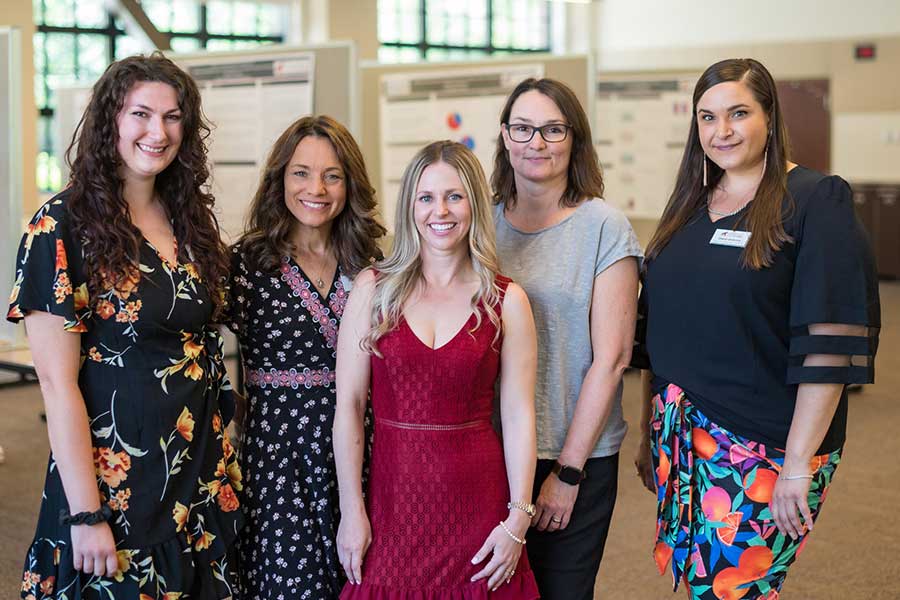
Work with Faculty Advisors
- Work closely with a faculty advisor every step of the way.

Design Research Projects
- Design and implement research projects in your own classroom.
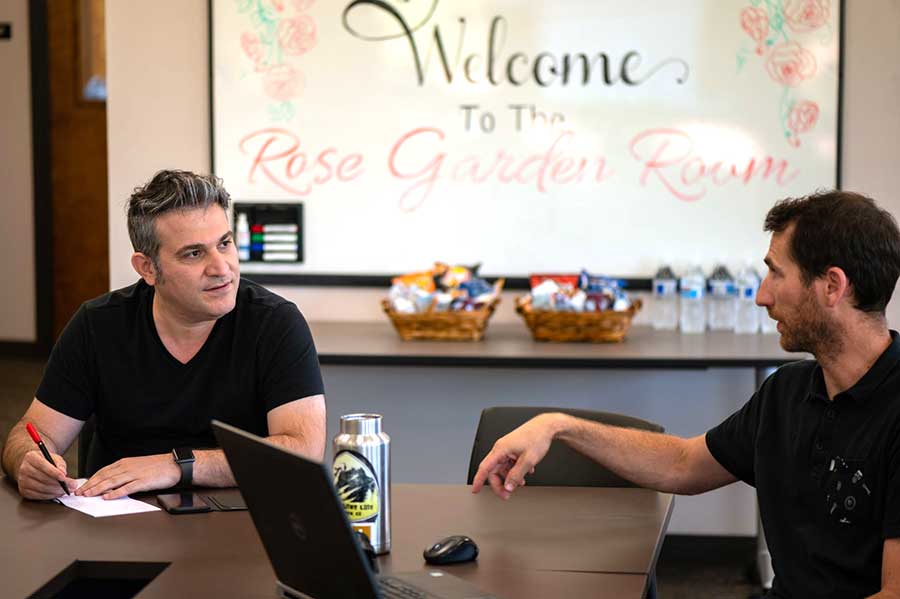
Academic Writing Support
- Receive strong academic writing support.
Examine educational practices in order to change praxis to meet the needs of historically oppressed people.
Here's What Our Students are Doing
Here are opportunities you will have as an education master’s student at Chico State.
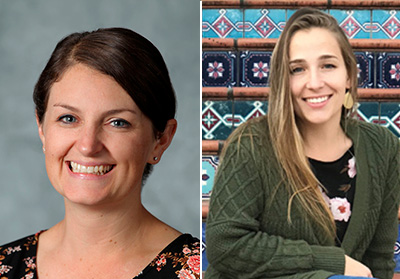
Josie Otwell Award Winners
Graduate students in education Marijeanne Birchard, a middle school English teacher in Chico, and Randi Rovetto, an eighth grade English language arts teacher in Plumas Lake, each received a Josie Otwell Award providing a stipend for faculty-mentored research.

Collaborative Research with Faculty
Birchard and Rovetto are worked with faculty mentor Ann Schulte to write a chapter on trauma and resiliency in rural schools for a research handbook on rural education.
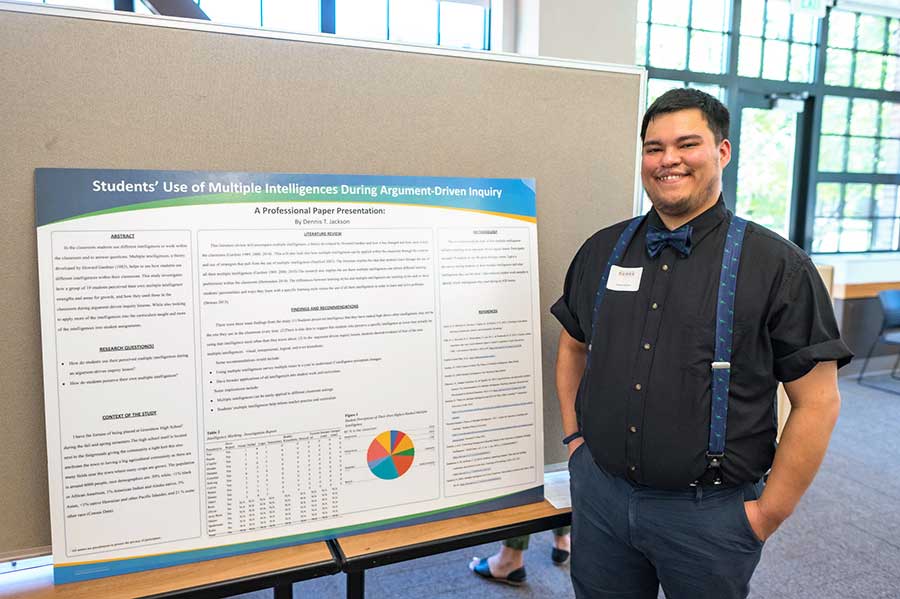
Prepare for Administrative Credentials, PhD, and EdD Programs
- Improve teaching practice in the classroom and school level.
- Conduct research in K–12 classrooms.
- Move on to complete administrative credentials.
- Step into PhD and EdD programs.

